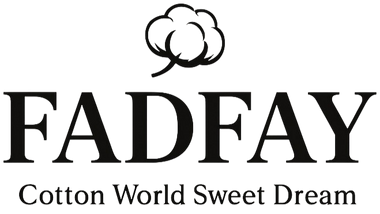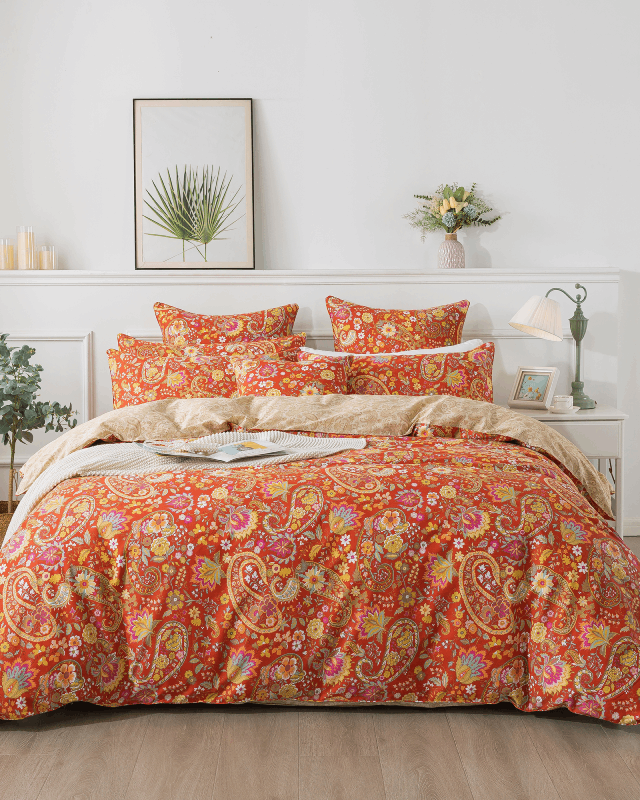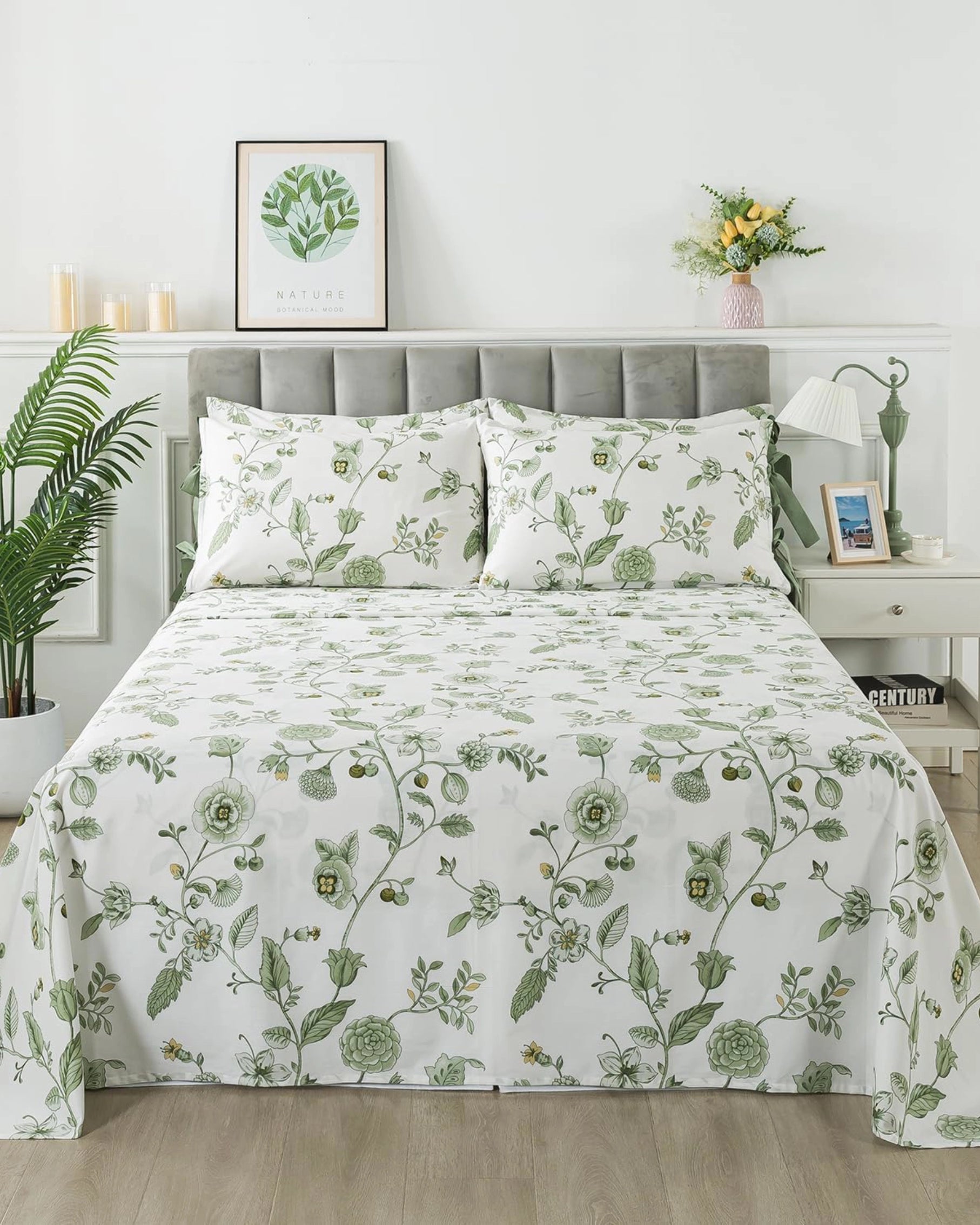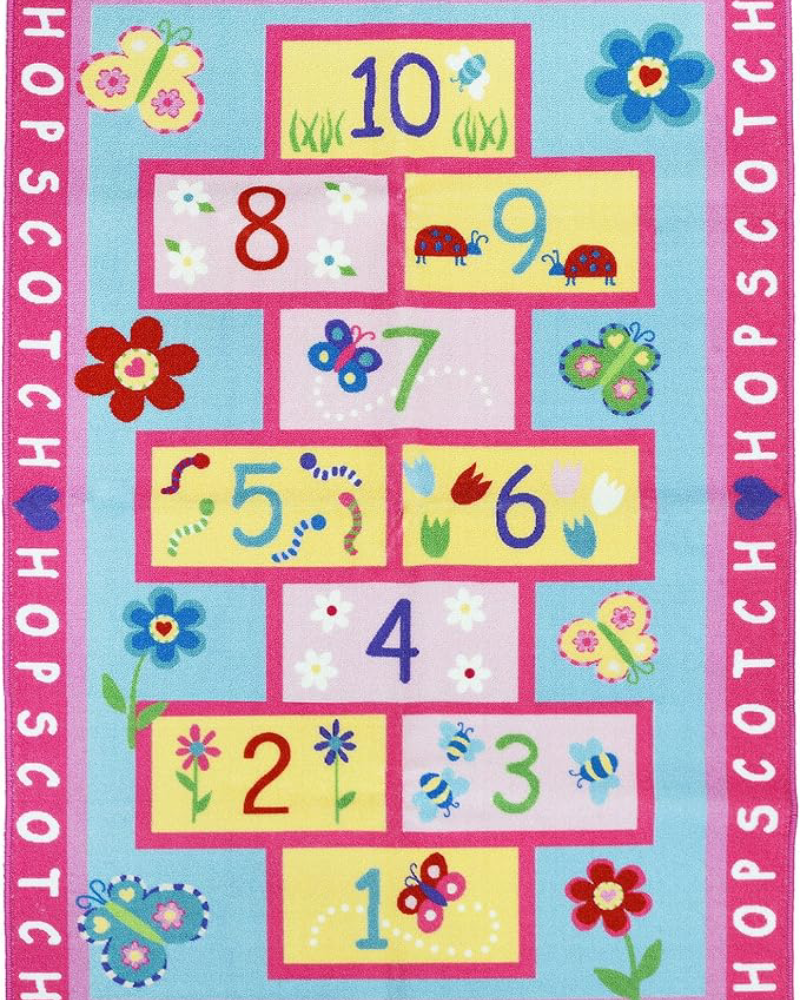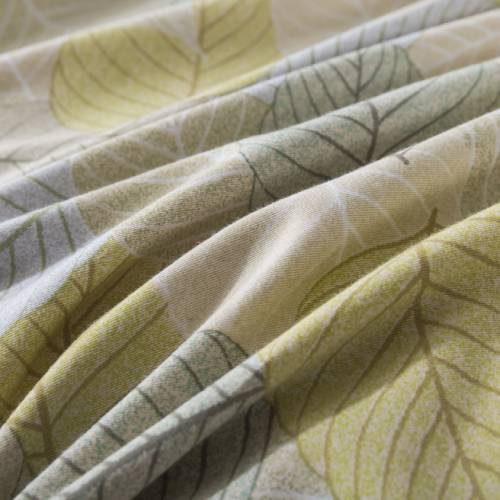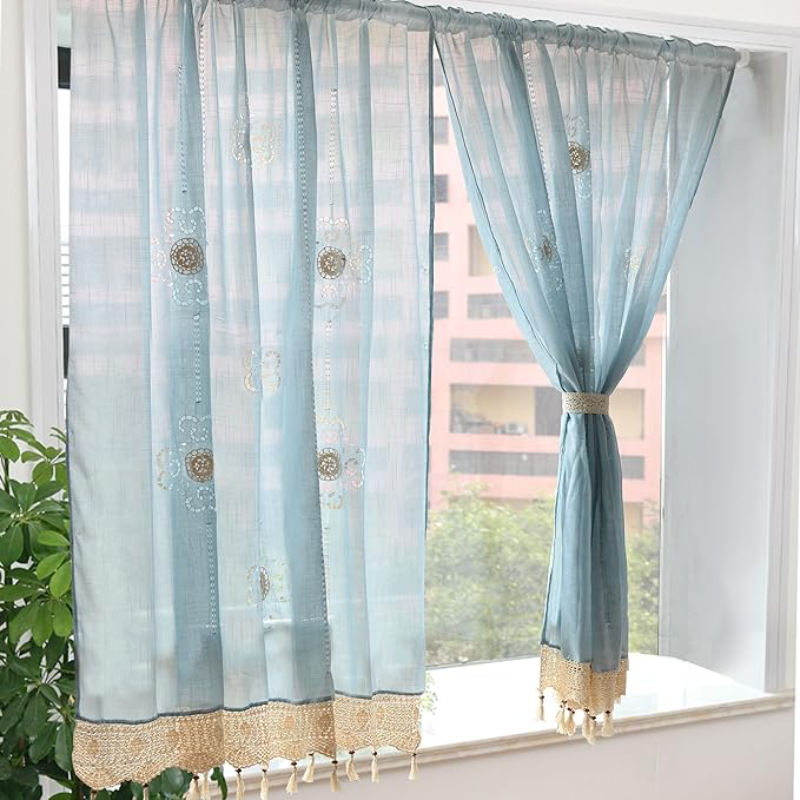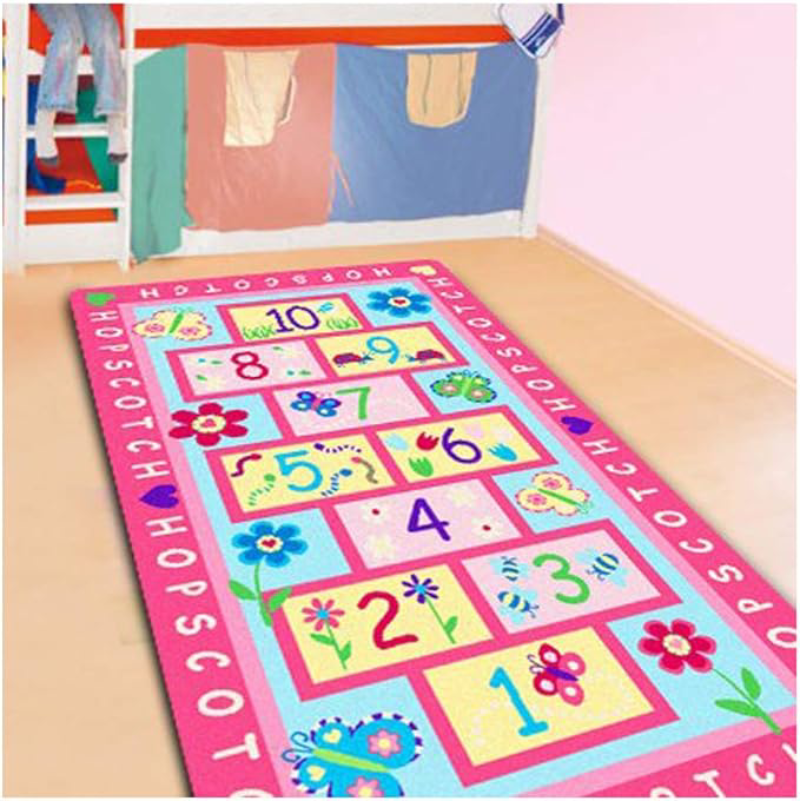Selecting the right fabric for your bedding is crucial to achieving a comfortable and restful night’s sleep. The texture, breathability, and durability of the fabric can significantly influence how you feel in bed, impacting everything from your body temperature to your overall sense of well-being. Here, we explore some of the softest and smoothest fabrics available for bedding, delving into their unique characteristics, benefits, and why they might be the perfect choice for your bedroom.
Cotton: The Timeless Staple
Cotton is a perennial favorite for bedding, celebrated for its softness, breathability, and versatility. It comes in several varieties, each offering different levels of comfort and quality:
Egyptian Cotton: Known as the gold standard of cotton, Egyptian cotton is renowned for its long fibers, which produce exceptionally fine and strong threads. This results in a fabric that is not only incredibly soft but also durable and resistant to pilling. Egyptian cotton is typically woven with a high thread count, which further enhances its smoothness and luxurious feel. Because of its breathability, it helps regulate body temperature, making it ideal for both hot and cold sleepers.
Pima Cotton: Pima cotton, similar to Egyptian cotton, boasts long fibers that contribute to its soft and smooth texture. It is a durable and high-quality cotton, often considered a more affordable alternative to Egyptian cotton while still offering a luxurious feel. Pima cotton’s softness and sheen make it a popular choice for those looking for premium bedding without the premium price tag.
Organic Cotton: For those who prioritize eco-friendliness, organic cotton is a superb option. Grown without synthetic pesticides or fertilizers, organic cotton is gentle on the skin and the environment. While it may not have the same silky smoothness as Egyptian or Pima cotton, it still offers a soft, breathable, and comfortable sleeping experience. Organic cotton is also durable and becomes softer with each wash, making it a sustainable and long-lasting choice.
Linen: The Durable and Breathable Option
Linen, made from the fibers of the flax plant, is another excellent choice for bedding, especially for those who value durability and breathability. Initially, linen might feel coarse, but it softens with each wash, becoming more comfortable over time. One of linen’s standout qualities is its moisture-wicking ability, which makes it ideal for warm climates or hot sleepers.
Linen’s texture is distinct, offering a more relaxed and natural aesthetic. It drapes beautifully over the bed, giving a rustic yet elegant look. Despite being lightweight, linen is incredibly strong and durable, often lasting for decades with proper care. Its breathability ensures a cool sleeping environment, making it a popular choice for summer bedding. Additionally, linen is hypoallergenic and resistant to dust mites, making it suitable for allergy sufferers.

Bamboo: The Eco-Friendly and Hypoallergenic Fabric
Bamboo bedding has surged in popularity due to its sustainability, softness, and hypoallergenic properties. Bamboo fibers are naturally smooth and round, which gives bamboo fabric a silky feel without the slickness associated with synthetic materials. It is also incredibly breathable, helping to regulate body temperature by wicking moisture away from the skin, keeping you cool and comfortable throughout the night.
One of the most significant advantages of bamboo is its sustainability. Bamboo grows rapidly and requires minimal water and no pesticides, making it an eco-friendly choice. Additionally, bamboo fabric is naturally hypoallergenic and resistant to bacteria and dust mites, making it an excellent option for those with allergies or sensitive skin. Bamboo bedding is also easy to care for, as it is resistant to pilling and fading, ensuring it remains soft and vibrant after many washes.
Silk: The Ultimate Luxury
Silk is the epitome of luxury when it comes to bedding. Made from the fibers produced by silkworms, silk fabric is exceptionally smooth, soft, and lustrous. Its texture is incredibly gentle on the skin, reducing friction and helping to prevent wrinkles and hair breakage. Silk is also naturally hypoallergenic, making it ideal for people with sensitive skin or allergies.
Silk's natural temperature-regulating properties make it suitable for all seasons. It helps keep you cool in the summer and warm in the winter by wicking moisture away from the body. However, silk is a delicate fabric that requires special care, such as hand washing or dry cleaning, to maintain its luxurious feel. Despite its higher cost and maintenance requirements, many consider silk bedding a worthwhile investment for its unparalleled comfort and beauty.
Sateen: The Silk-Like Cotton
Sateen is a type of cotton fabric that mimics the luxurious feel of silk. It is woven in a way that produces a smooth, lustrous surface with a slight sheen. Made typically from high-quality cotton, such as Egyptian or Pima, sateen offers the softness and comfort of cotton with an added touch of elegance.
The sateen weave creates a fabric that is slightly heavier than percale, another common cotton weave, making it ideal for those who prefer a warmer bedding option. Sateen is also less breathable than percale, so it may be better suited for cooler climates or colder months. Despite its warmth, sateen remains soft and smooth, making it a popular choice for those seeking a luxurious feel without the expense and upkeep of silk.

Microfiber: The Affordable and Durable Alternative
Microfiber is a synthetic fabric made from ultra-fine polyester fibers. It is known for its softness, durability, and affordability, making it a popular choice for budget-conscious consumers. Despite being synthetic, microfiber can offer a surprisingly soft and smooth texture, often rivaling that of more expensive natural fabrics.
Microfiber is lightweight, wrinkle-resistant, and easy to care for, making it a practical choice for everyday bedding. It is also highly durable and resistant to wear and tear, making it suitable for frequent washing. However, microfiber is less breathable than natural fabrics like cotton or linen, which can make it less comfortable for hot sleepers. Nevertheless, its affordability and low maintenance make it an excellent option for those looking for soft, smooth bedding on a budget.
Modal: The Silky Smooth Semi-Synthetic
Modal is a semi-synthetic fabric made from beech tree pulp. It is known for its exceptional softness and smooth texture, often compared to silk or cotton. Modal is also highly breathable and moisture-wicking, making it an excellent choice for bedding.
One of the standout features of modal is its sustainability. The production of modal fabric is more eco-friendly than many other synthetic fabrics, as it requires less water and energy. Additionally, modal is biodegradable, making it a more environmentally conscious choice for your bedding. Modal bedding is also resistant to shrinking and fading, ensuring that it maintains its softness and appearance over time.
Choosing the right fabric for your bedding is a deeply personal decision that depends on your comfort preferences, climate, and aesthetic desires. Whether you opt for the timeless softness of cotton, the sustainable luxury of bamboo, or the ultimate indulgence of silk, selecting high-quality bedding can significantly enhance your sleep experience. With so many options available, there’s a perfect fabric out there to suit every sleeper’s needs.
